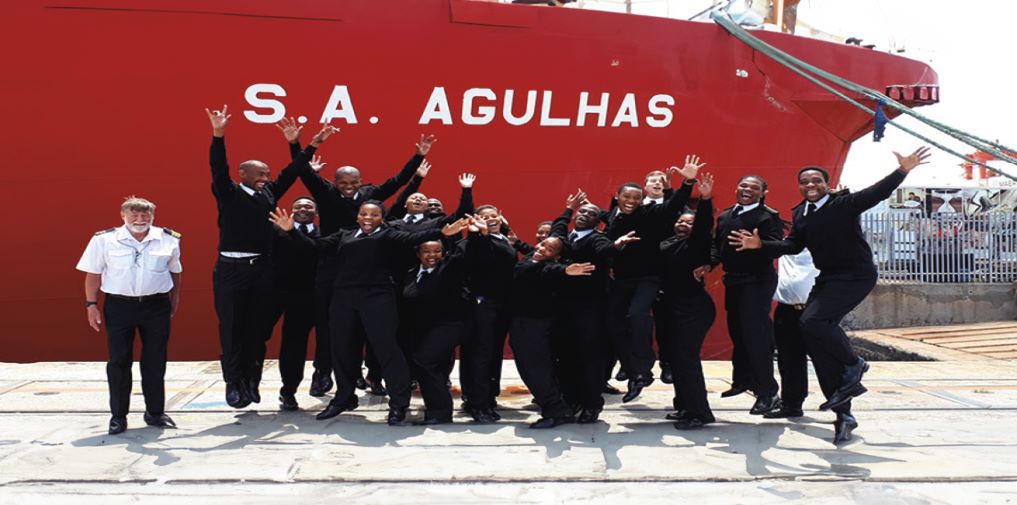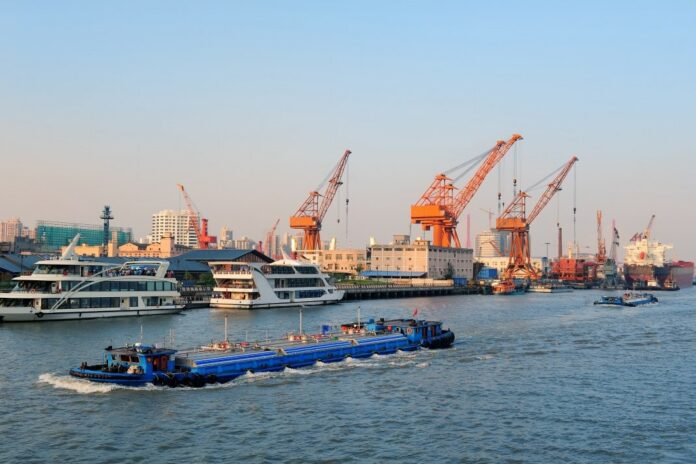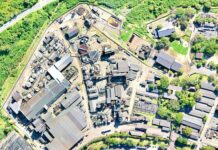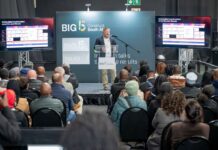The South African International Maritime Institute (SAIMI) Chief Executive Officer, Odwa Mtati, says there is a need for an Oceans Economy Strategy which will encourage further growth, investment, job creation and enhance competitiveness within the sector. Speaking at the Oceans Economy conference held on 22 May 2024, Mtati said collaboration and partnerships are key to the success of implementation of such a strategy.
“Key national strategies have been developed to support the sector: the Industrial Action Plan, Comprehensive Maritime Transport Policy (CMTP), Operation Phakisa (Oceans Economy), Provincial Oceans Economy Frameworks and the draft Oceans Economy Masterplan. From its 2014 launch, Operation Phakisa has provided a blueprint for the development of an overarching oceans economy strategy. Taking into account trends and developments globally and locally, the Masterplan is expected to encourage further sector growth, investment, job creation and enhance competitiveness within SA’s oceans economy based on social compacting,” said Mtati.

In a well-received presentation, Mtati said collaboration and partnerships were key to the success of the implementation of the proposed Oceans Economy Masterplan. SAIMI, whose role is implementing interventions to bridge the skills gaps in the maritime sector by facilitating coordination between industry, educators, training providers and government entities, has a network of partnerships and works in collaboration with various organisations. These include maritime companies, research institutions, training providers, international maritime organisations, local NGOs, community groups, industry experts and academic leaders.
Mtati mentioned technological advances, environmental sustainability, global trade shifts, infrastructure development, education, training and workforce dynamics, including regulatory changes and changes in economic environment as the seven key drivers of change for the Oceans Economy.
“These drivers,” said Mtati, “among others, collectively impact on the future of the sector leading towards greater efficiency, technological adaptation and sustainability.” With some of its initiatives already fully operational and some in various stages of implementation, SAIMI has paved a path, and continues to do so, for the successful implementation of Operation Phakisa (Oceans Economy) through the mandate drawn from the national Department of Higher Education and Training (DHET) to coordinate the education and skills development work streams. The outcomes are tangible.
Some of the major initiatives undertaken by SAIMI are:
- The creation of a maritime skills knowledge base which has culminated in skills audits in various sectors such as aquaculture, small harbour, marine manufacturing, oil and gas, marine protection and oceans governance, fisheries and marine transport. This will culminate in the development of a framework for the supply and demand for skills in the maritime sector.
- The promotion of maritime research and innovation which has resulted in the creation of a marine research and knowledge management roadmap. The roadmap has paved the way leading to research in marine information technology, maritime indigenous knowledge systems, oil and gas alternative energy, ocean governance, maritime economics and the promotion of small enterprises participating in the Oceans Economy.
- Skills, education and training coordination which has given rise to the setting up of the National Seafarer Development Programme to promote seafarer development in the country, supporting maritime qualification and curriculum development, supporting the accreditation process of aquaculture demonstration centres, as well as the training of skippers, small-scale fisheries, Local Economic Development officials and traditional leaders.

- Capacity building: maritime bursary schemes and post-doc grants were introduced, capacitation of TVET colleges to offer maritime qualifications and emerging researchers have also been given support.
- Maritime advocacy: work done includes the definition and measurement of the size of the Oceans Economy, maritime awareness programmes, the promotion of the Oceans Economy programmes in coastal cities.










